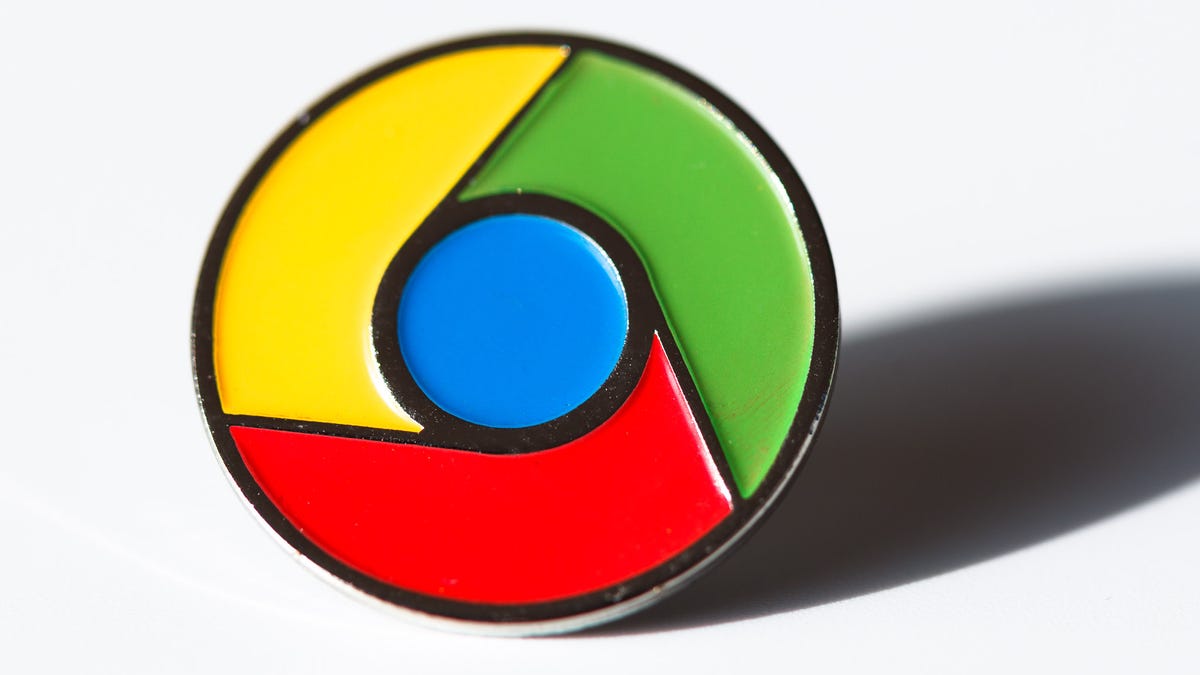Google Chrome's new crackdown on bad ads begins in December
No more ads that don't close when you tap or click the close box.

Starting with Chrome 71, Google will strip out all ads from certain sites with a feature called abusive sites filtering.
Chrome is cracking down harder on abusive websites that present things like pop-up boxes that can't be closed or bogus system reports that can be used to steal personal information.
With the release of version 65 earlier this year, Google Chrome tried to banish some bait-and-switch website actions that could do things like redirect you to an unexpected website or show pop-up ads. But the protections didn't go far enough. More than half of websites were able to continue with their shenanigans, and nearly all involved misleading ads, Google said.
As a result, starting with Chrome 71 in December, Google will strip out all ads from those sites with a feature called abusive sites filtering. Website administrators can use Google's tools to check if their website is an offender and get a 30-day period to fix problems the company flags, said Vivek Sekhar, a Chrome product manager, in a blog post Monday.
The change shows the role browsers play in unilaterally deciding what's best for us to see on the web and what needs to be stripped out -- links to scams or pop-ups that try to get us to download malware onto our phones or laptops , for example. More than 15 years ago ago, browsers stopped passively doing whatever the website code says to do, but detecting and thwarting new tricks is an unending cat-and-mouse game.
If you're a Chrome user (you probably are, given that it accounts for about 60 percent of browser usage on the web) but don't want the new filtering feature, you'll be able to disable it in Chrome's settings, Sekhar said.
'Hello, humans': Google's Duplex could make Assistant the most lifelike AI yet.
CNET Magazine: Check out a sample of the stories in CNET's newsstand edition.

